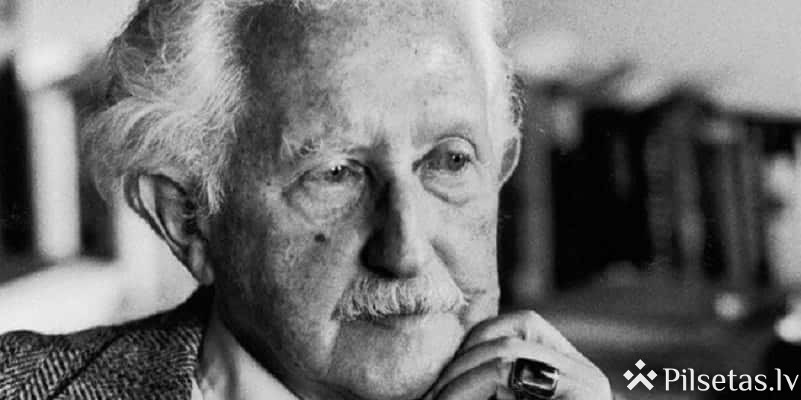Published: 16:45 26.08.2024
Add Events
Erik Homburger Erikson: Creator of Psychosocial Development Theory
Erik Homburger Erikson (1902-1994) was a German-American psychologist and psychoanalyst who developed an influential theory of human psychosocial development. Erikson's theory, which has become a fundamental part of modern psychology, is based on eight stages of development that encompass a person's entire life from birth to old age.
Erikson's Life Journey
Erikson was born on June 15, 1902, in Frankfurt, Germany, but his childhood was complex. He was raised in a Jewish family, but he felt different as his biological father was Danish and had abandoned him before birth. Erikson's development and education were deeply influenced by this identity conflict, which later reflected in his theories.
After completing his art studies and living a nomadic life in Europe for a while, Erikson obtained a job at a school run by Anna Freud (the daughter of Sigmund Freud). This collaboration led Erikson to familiarize himself with psychoanalysis, which greatly influenced his career. In 1933, he emigrated to America, where he continued his education and worked at several prestigious universities, including Harvard and Yale.
Psychosocial Development Theory
Erikson is best known for his psychosocial development theory, which consists of eight stages, each corresponding to a specific age group and associated with a particular psychological conflict. These stages are:
1. Trust vs. Mistrust (0-1 year): Infants need to learn to trust their caregivers.
2. Autonomy vs. Shame and Doubt (1-3 years): Children learn to develop autonomy and self-confidence.
3. Initiative vs. Guilt (3-6 years): Children start taking initiative and solving problems.
4. Industry vs. Inferiority (6-12 years): Children begin to feel pride in their accomplishments or inferiority.
5. Identity vs. Role Confusion (adolescence): Adolescents strive to establish a stable identity.
6. Intimacy vs. Isolation (young adulthood): Young adults seek to form close relationships.
7. Generativity vs. Stagnation (adulthood): Adults focus on work and family building.
8. Integrity vs. Despair (old age): Elderly individuals reflect on their lives, experiencing either satisfaction or regret.
Influence and Legacy
Erikson's theory is significant as it highlights the social and cultural factors in human development, expanding on Freud's psychoanalytic theory, which mainly focused on childhood stages. Erikson's works continue to influence both the work of psychology researchers and therapist practices, especially concerning issues of identity and growth.
Erikson also popularized the concept of an "identity crisis," which is crucial in the development of adolescents and young adults as individuals seek their place in the world and strive to understand who they are.
Conclusion
Erik Homburger Erikson was an outstanding psychologist whose work had a profound impact on the science of psychology. His psychosocial development theory remains one of the most widely used theories in the study of human development, helping to understand how people evolve and change throughout their lives.













